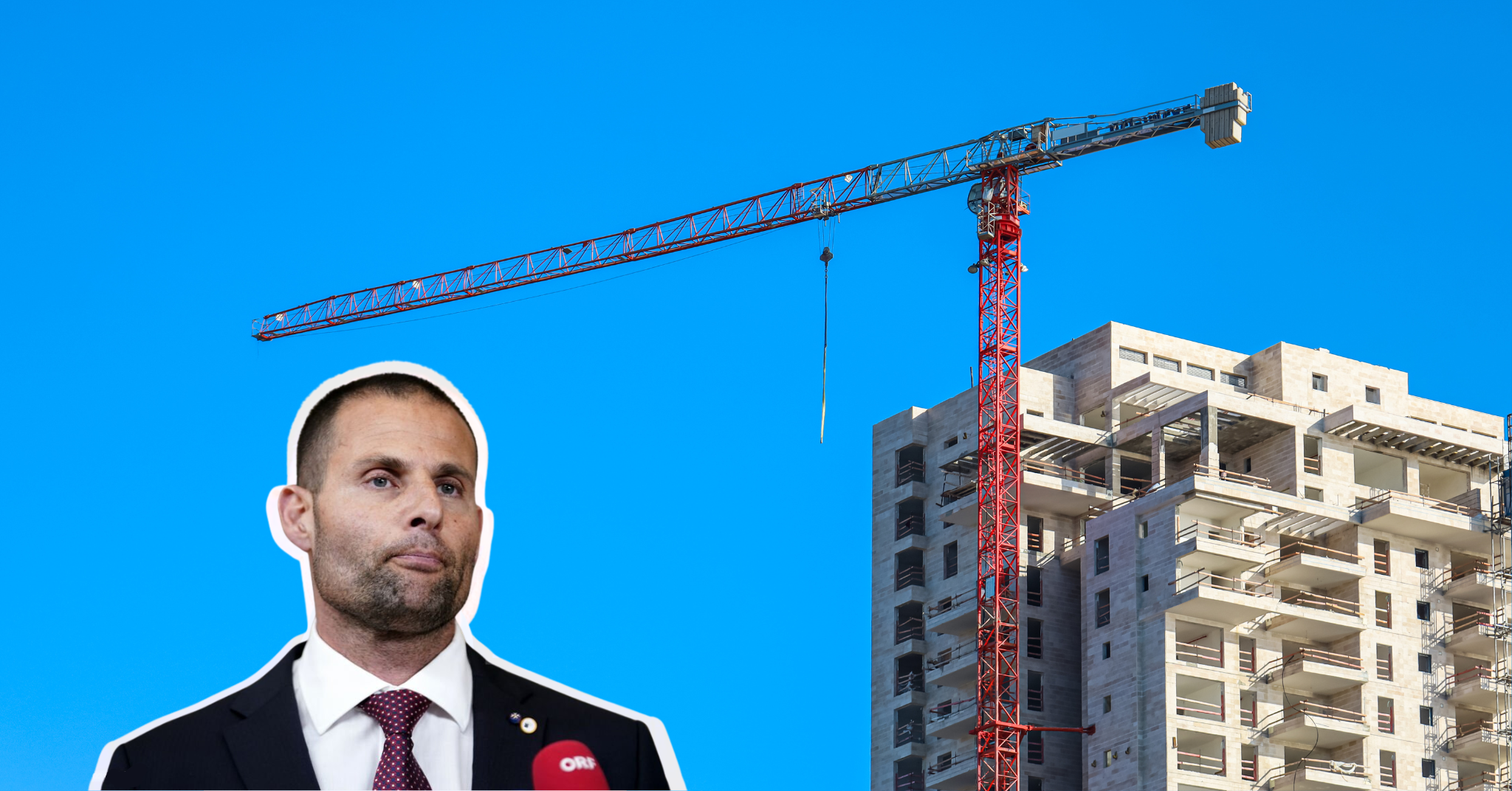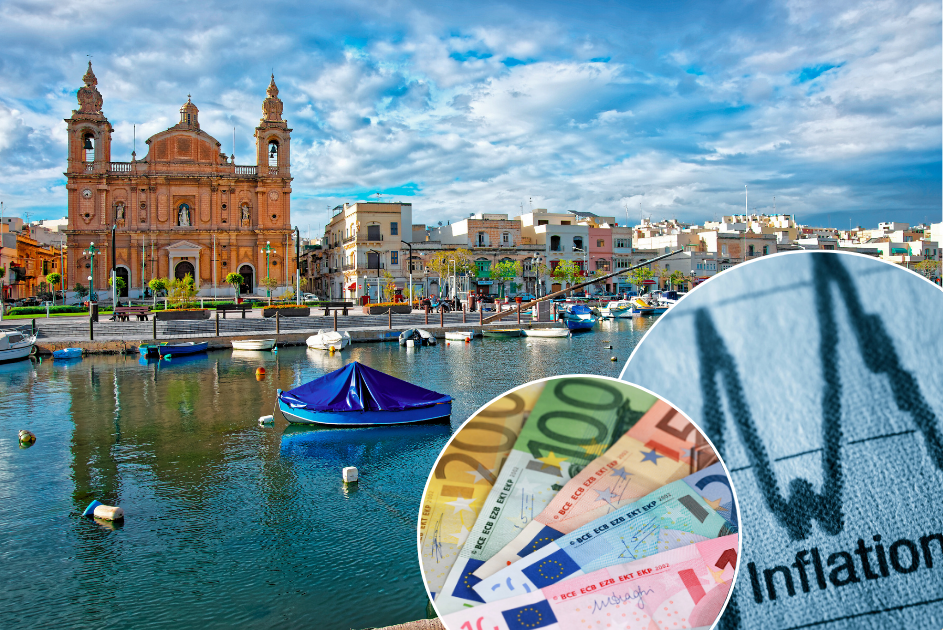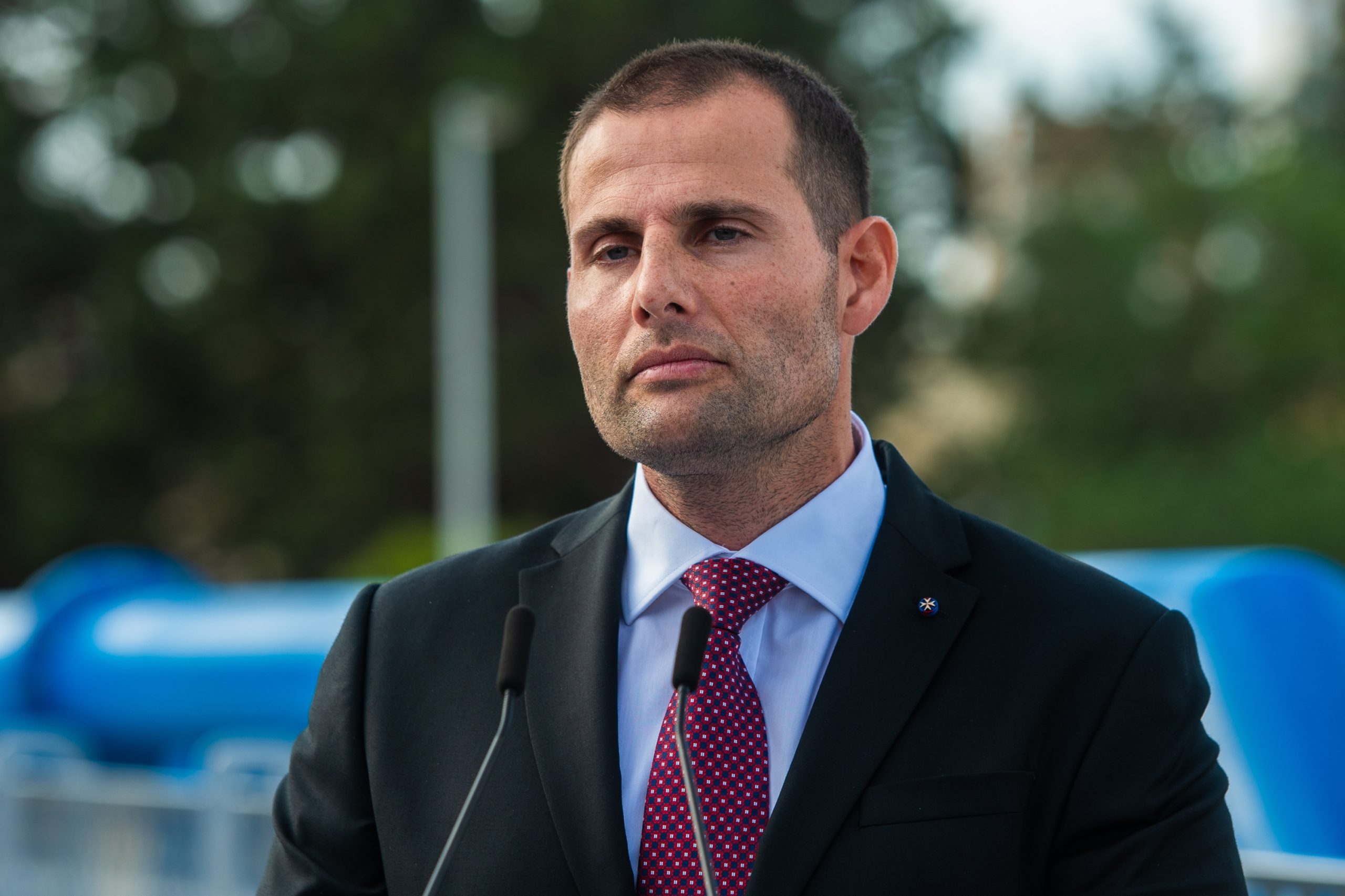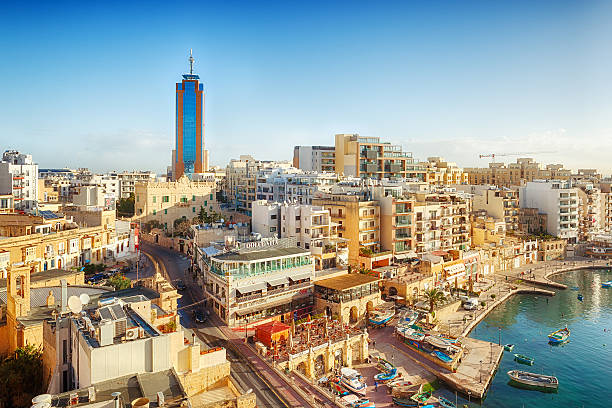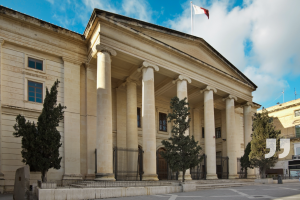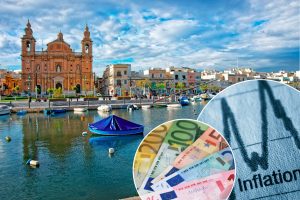At a certain point, investors took to other countries to fulfill their financial needs. Malta’s COVID-19 relief efforts failed, anti-money laundering investigations were mishandled, and technological progress is virtually non-existent. In short – Malta’s lack of organization severely plummets the country’s economic success.
In recent years, international investments in Malta have come to a halt. From the Pilatus Bank case in 2018 to limited progress in the health and technology fields, the country is under public scrutiny for mishandling a variety of events. As a result, the Maltese government’s legal and financial reputation quickly depletes among its citizens.
In fact, according to The World Bank, the foreign investment percentage of the GDP in Malta has dropped as low as 23.8% in recent years. Before this decrease, starting in 2012, Malta thrived. In 2011, 81% of the GDP came from foreign investments. Three specific driving factors may have affected these numbers drastically.





